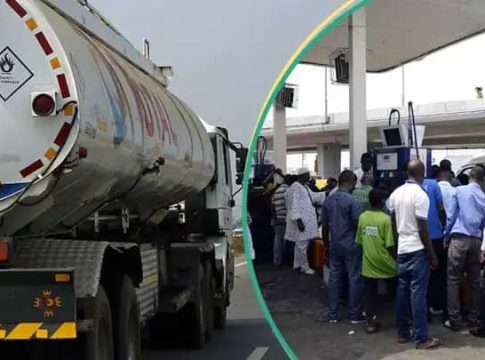In a significant move, the Federal Executive Council (FEC) has instructed the Nigerian National Petroleum Company Limited (NNPCL) to work with Dangote Refinery and other local refineries to resolve issues regarding crude oil sales.
The FEC, led by President Bola Tinubu, has directed that crude oil sales and the sale of refined products in Nigeria should be transacted in naira.
According to Zacch Adedeji, Chairman of the Federal Inland Revenue Service (FIRS), the Dangote Refinery requires about 15 crude oil cargoes monthly, costing $13.5 billion annually.
NNPCL has agreed to supply four cargoes per month, with the rest sourced from international traders.
READ MORE: Govt. Increases Security Measures Ahead Of Planned Nationwide Protest
Currently, these transactions are in dollars, putting a strain on Nigeria’s foreign currency reserves.
To address this, Adedeji suggested that local refineries buy crude oil from NNPCL in naira at a fixed exchange rate for six months.
Similarly, sales of refined products to local marketers should also be in naira at the same rate.
A settlement bank would provide guarantees for these transactions, eliminating the need for international letters of credit and saving significant amounts in USD.
This approach could reduce Nigeria’s foreign exchange expenditure from $660 million to $50 million per month, saving $7.32 billion annually.
It would also stabilize petroleum product prices by fixing the exchange rate, reducing the impact of exchange rate fluctuations on pump prices.
The benefits of this move include:
- Reduced pressure on foreign exchange reserves
- Annual savings of $7.32 billion
- Reduced trade finance costs
- Stabilized petroleum product prices
- Potential appreciation of the naira
- Lower transportation costs
- Reduced food price inflation
- Positive impact on interest rates and the dollar/naira exchange rate
Adedeji noted that this strategy would reduce government control, promote market independence, and enhance competitiveness and stability.
It could be applied to other refineries, ensuring energy security and stabilizing prices.




